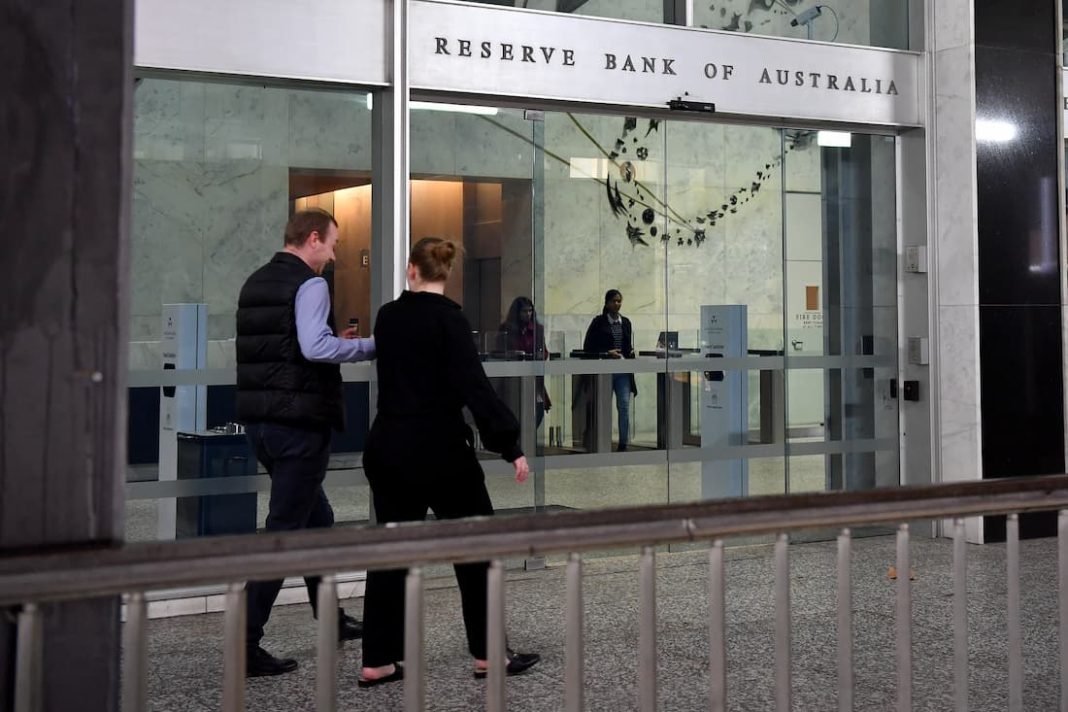Interest rates are unlikely to move at the Reserve Bank of Australia’s third meeting for the year though stalling progress on inflation may have central bankers on edge.
Following stronger consumer price data and resilience in the labour market, expectations for interest rate cuts have been pushed back, meaning borrowers could be waiting longer for mortgage payment relief.
Ahead of the two-day meeting on Monday, there was little doubt the central bank was extending its pause for the fourth time at the May meeting.
All but one of the 37 economists polled by Reuters were expecting interest rates to stay on hold at 4.35 per cent, with markets pricing in a 97 per cent chance of no change, as of May 2.
Of greater interest was the RBA’s posturing in the wake of hotter-than-expected inflation data, with suggestions it would be back warning more hikes may be needed after softening its stance at the meeting before.
ANZ head of Australian economics Adam Boyton said its refreshed forecasts – due for release on Tuesday, at the same time as the monetary policy decision – were also likely to look a bit different.
He said near-term inflation forecasts would likely be bumped higher, similarly with unemployment, to reflect ongoing resilience in the jobs market.
Corinna Economic Advisory economist Saul Eslake said the stronger March quarter inflation data had “put paid to whatever hopes others, including the financial markets, had that the RBA might cut rates this year”.
“The RBA was later than its peers in starting to raise rates, and has raised them by less than its peers – it stands to reason that it will therefore be later than its peers to start cutting rates,” Mr Eslake said.
Also this week, Melbourne Institute will drop its monthly inflation gauge for May on Monday, a timely indicator of consumer price movements.
ANZ and Indeed’s job ad update for April is scheduled for the same day.
On Tuesday, the Australian Bureau of Statistics will release March quarter retail sales volumes, and on Friday, the monthly business turnover indicator for March.
Wall Street surged to a higher close on Friday as a softer than expected employment report bolstered the case for rate cuts from the Federal Reserve while also providing evidence of US economic resilience.
The Dow Jones Industrial Average rose 450.02 points, or 1.18 per cent, to 38,675.68, the S&P 500 gained 63.59 points, or 1.26 per cent, to 5,127.79 and the Nasdaq Composite added 315.37 points, or 1.99 per cent, to 16,156.33.
Australian futures rose 22 points, or 0.28 per cent, to 7666.
In Australia the benchmark S&P/ASX200 index on Friday finished 42 points, or 0.55 per cent, higher at 7,629.0, while the broader All Ordinaries rose 48.1 points, or 0.61 per cent, to 7,897.5.
For the week, the ASX200 rose 0.7 per cent, its second week of gains.
By Poppy Johnston in Canberra



